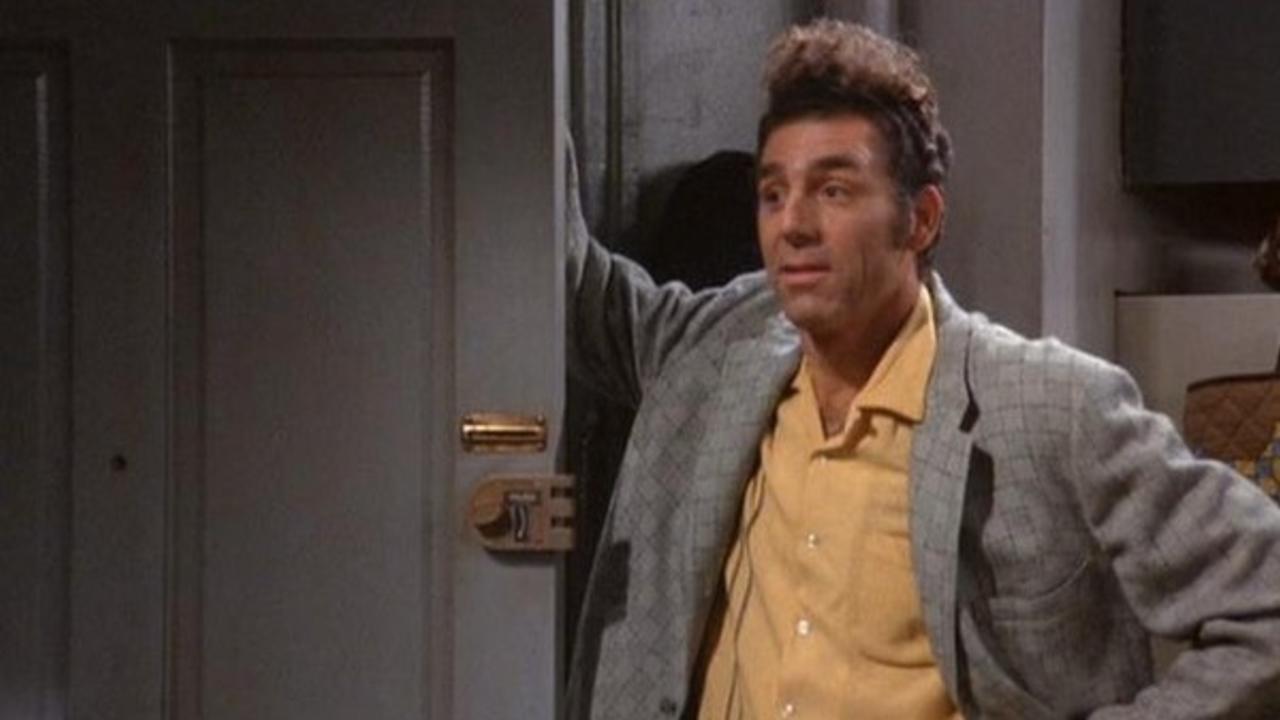What was he thinking?!

Obviously, he wasn’t. Thinking, that is. Michael Richards, better known to the world as Kramer, took his funny and light-hearted image he’d established over his successful career with Seinfeld, and flushed it down the tubes. I can just picture him skidding into Jerry’s apartment, shaking like an electrically charged, over-caffeinated baffoon, uttering “Oooooooooooohhhhhhhhhhhhhhh nooooooooooooooooo!”
“Oh no” is right. Whether you’re dealing with hecklers, irritable coworkers or cranky customers—insulting them is a bad idea. Comediennes anticipate that these things will happen, and they have comebacks that are so practiced that they can appear to be spontaneous—but few professional comics will leave those situations to chance.
There’s something you can learn from Michael Richards’ common sense infarct. We all have times when have to deal with hostility from others. A lot of times, if we’d thought about it, we could have anticipated these episodes.
And when those situations do arise, we have choices. In his book, The Light Touch, Malcolm Kushner suggests:
We can respond seriously to the complaint.
We can refuse to respond.
We can pretend to respond (picture the doctor that overwhelms the other person with medicalese or the lawyer that responds with legalese).
We can respond with humor.
All of these choices, mind you, are appropriate choices at one time or other. But not every one of them will fit every occasion every time. You have to use good judgment (which apparently some people lack).
When responding with humor, the idea is not to derail the other person so you can totally avoid the conflict. You want to unbalance the other person, even momentarily, so that you give yourself a moment to think, regroup, and then respond in the best possible manner to the situation at hand.
Take for instance the waiter who has forgotten your request for water. Twice. When you ask him a third time, an appropriate response for the waiter might be, “I’m sorry. My memory is really very good. It’s just very short.” (pause). “I’ll be right back with your drink.”
The waiter addressed the concern; used a quick one-liner (doesn’t have to be fall-down-funny) that he has thought about ahead of time, and then responded to the need.
In one of my workshops, a manager said that an irritable customer once demanded: “How long have you worked here?”
His humorous response: He looked at his wristwatch, smiling, and asked, “Well, let’s see… What time is it???”
The customer looked surprised and then smiled. From there, they were both able to move forward in a more positive frame of mind.
Anticipate and prepare. Comics do it. Politicians do it. And so should you.
Here’s your homework assignment:
Make a list of the hostile questions you might deal with at work.
Now come up with a list of humorous responses.
Force yourself to come up with at least 10.
The rationale? Because the first ones you come up with are going to be absolutely hysterical—and they’re probably going to get you in trouble! Flippant is funny—but in this case, you need to stretch further to find something that is funny but not offensive. It takes a little more work, but it’s worth it.
Use humor in your workplace proactively and you’re going to find that you have a lot more fun AND a lot more profit!

